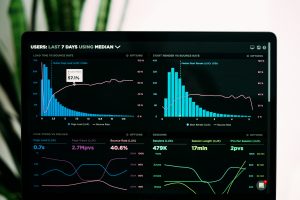
In today’s dynamic technological landscape, tracing agents and libraries stand as indispensable tools for achieving comprehensive distributed tracing. Tracing agents employ an outside-in approach, dynamically inspecting code execution at runtime and configuring call recording and metadata extraction.
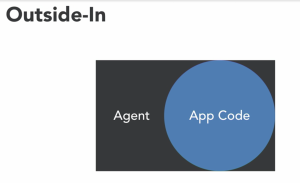
APM technologies such as those offered by Riverbed, Dynatrace, and AppDynamics utilize agent-based instrumentation to facilitate distributed tracing effectively. Conversely, libraries like Zipkin and Jaeger represent the instrumentation library approach, providing developers with granular control over trace generation within their applications.
On the other hand, tracing libraries follow an inside-out methodology, allowing developers to mark specific code segments for participation in distributed traces during the application development phase.
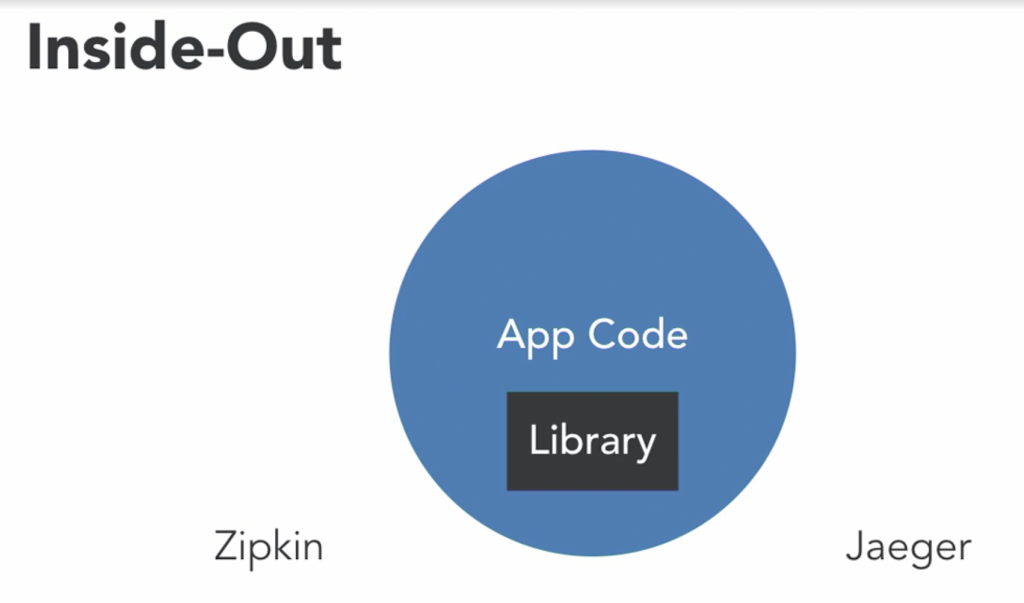
The debate between the agent and library approaches often arises, but instead of drawing dividing lines, the optimal solution lies in leveraging both in tandem. By combining tracing agents’ comprehensive coverage with libraries’ fine-grained control, developers can gain a holistic view of their distributed application’s performance and behavior.
When considering different parts of the application environment, such as self-written code, frameworks, and dependencies, a balanced approach is essential. Developers can harness the strengths of both agents and libraries to address various instrumentation needs effectively.
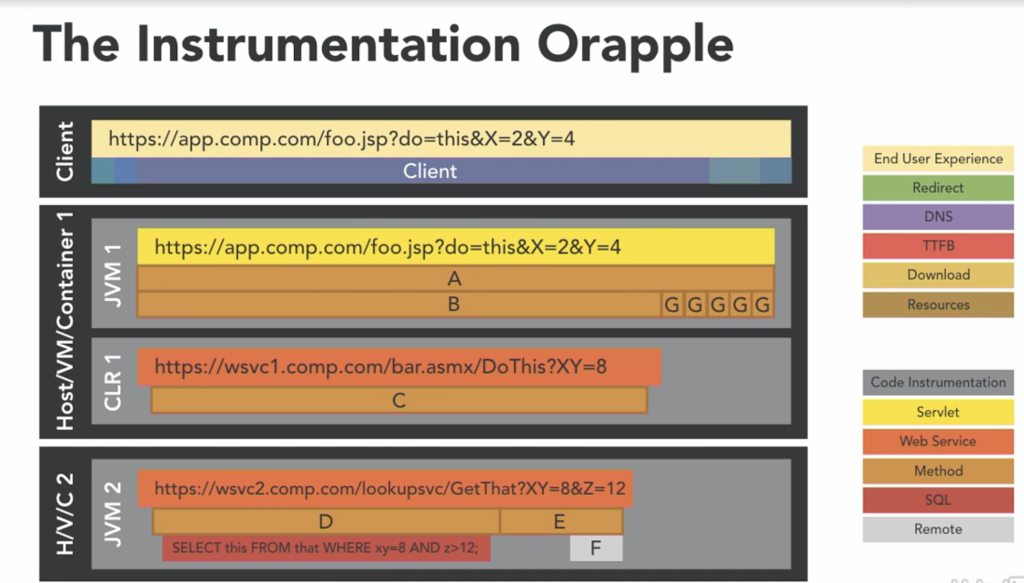
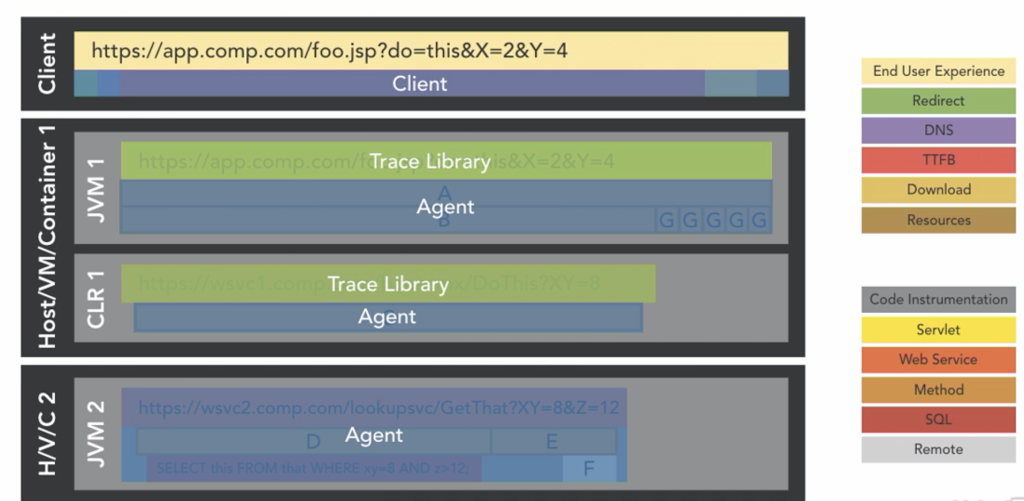
For self-written code, libraries offer tailored trace generation based on developer insights, while agents provide comprehensive coverage based on runtime characteristics. Similarly, frameworks can be instrumented using version-specific libraries or covered comprehensively by agents.
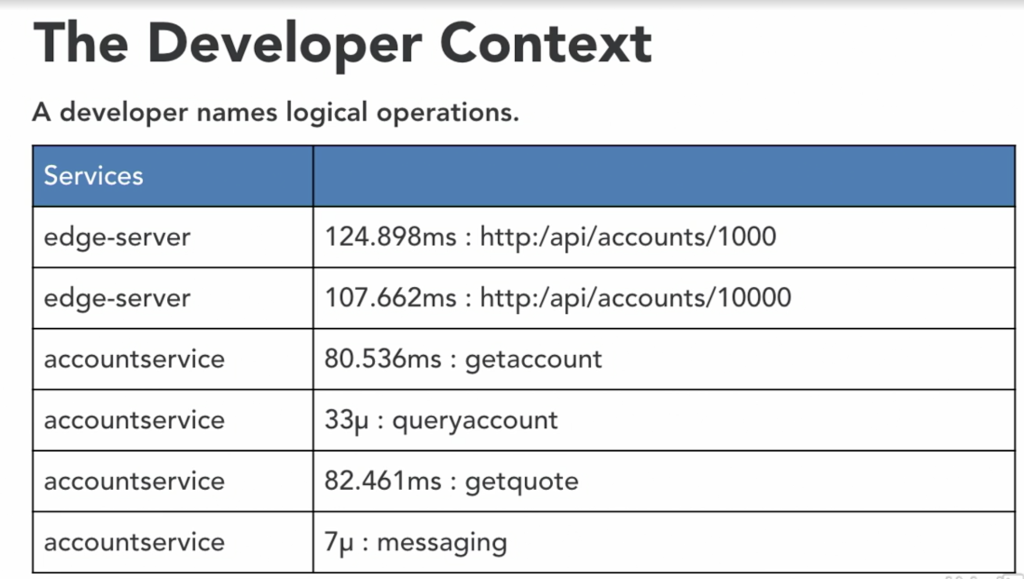
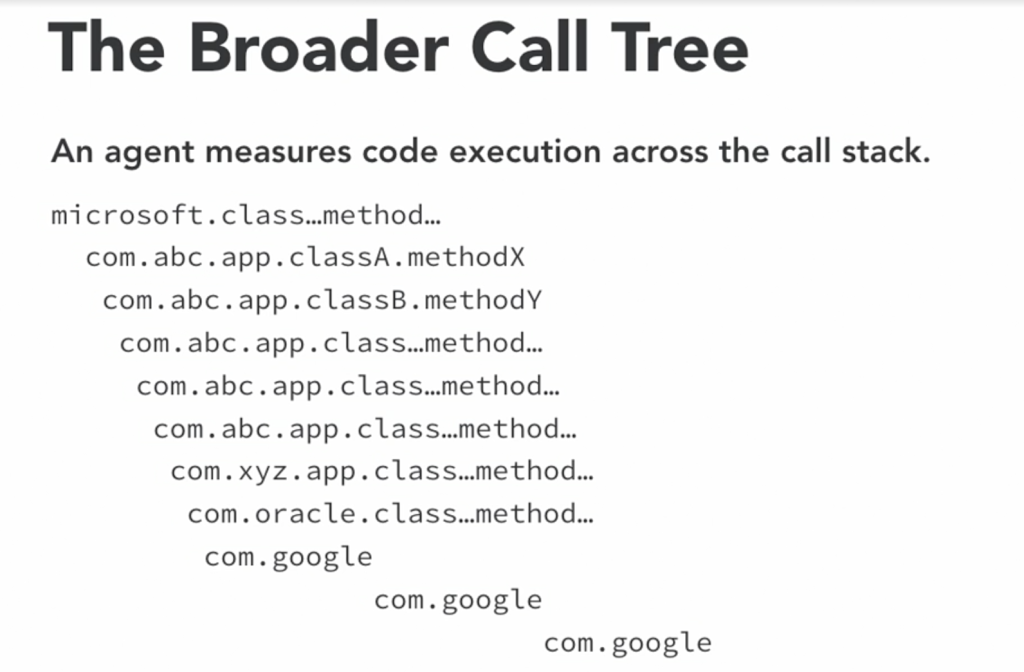
Dependencies, including core libraries and third-party services, may require a combination of agent introspection and library instrumentation to ensure complete observability. These includes:
-
- Core Libraries
-
- Third-party libraries
-
- Middleware
-
- Downstream services
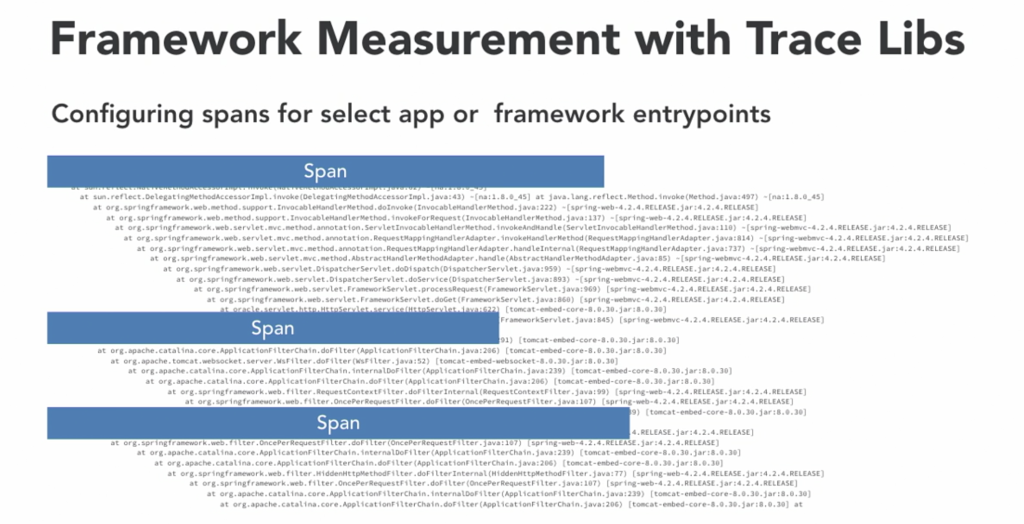
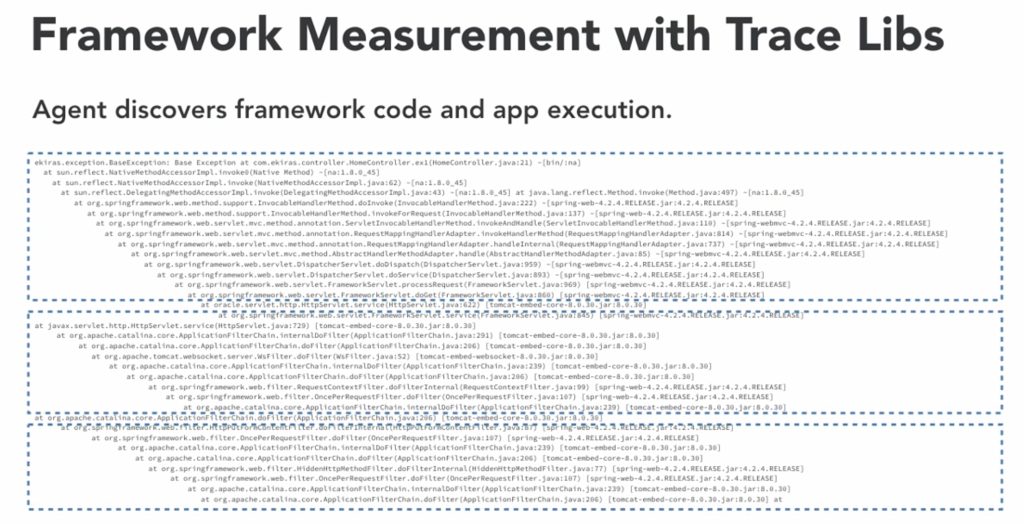
In summary, the collaboration between tracing agents and libraries is pivotal in offering unparalleled observability for distributed applications. By embracing both approaches and leveraging their unique strengths, developers can effectively diagnose issues, optimize performance, and ensure seamless operation in today’s complex computing environments.